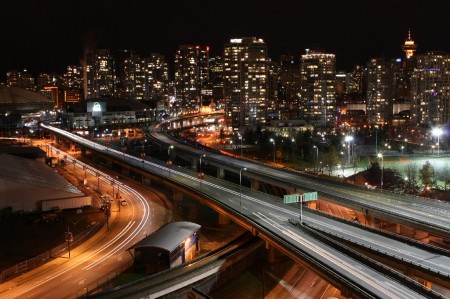One of the enduring uncertainties about climate change is the importance of aerosols. Their chemistry and effect on the climate is complex. Some of them reflect sunlight immediately back into space, having a net cooling effect on the planet; others (like black carbon have a warming effect. Some aerosols interact with one another, and with other chemicals in the atmosphere, in ways that affect the climate. All of this ought to be better understood, if we want to understand how human activities (and natural phenomena) are affecting the climate, and so that we can prioritize on what sorts of emissions to reduce.
I was surprised to learn, from James Hansen’s recent book, Storms of My Grandchildren, that we have known since the 1970s what sort of instruments would be necessary to understand how aerosols affect the climate system, including whether their net effect is a warming or a cooling one. We need:
- A polarimeter, measuring the polarization of sunlight reflected off of aerosols
- An interferometer, measuring the infrared radiation being emitted by the Earth
- An instrument to measure the sun’s irradiance
- An instrument to measure aerosols and gases in the highest layers of Earth’s atmosphere, by observing the sun shining through them at sunlight and sunset.
The first two would have to be on the same small satellite. The other two would be on small satellites of their own. Together, these would allow us to determine the total forcing effect of aerosols on the climate.
The fact that we apparently aren’t rushing to get these devices built and launched has to be considered a massive failure of intelligence, far beyond the WMD-tomfoolery that preceded the Iraq war. These four instruments could be producing key data to let us understand our climate, at a time when we are running a dangerous global experiment on how it responds to our pollution.
Getting this data must become an international priority.



